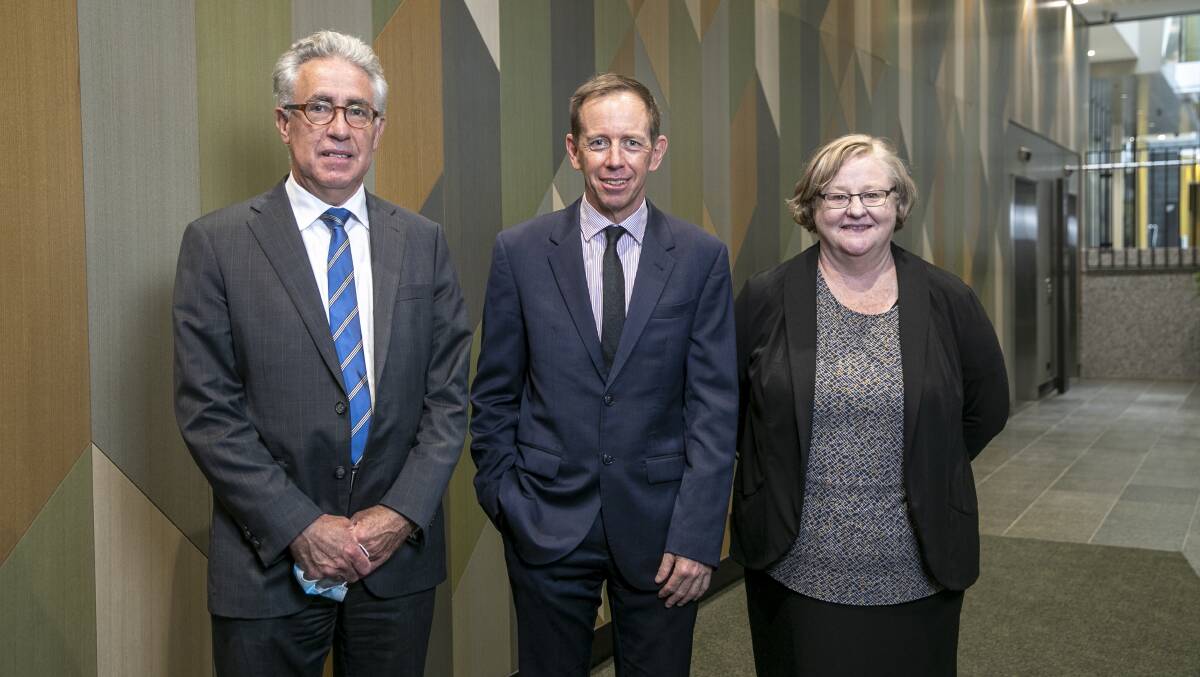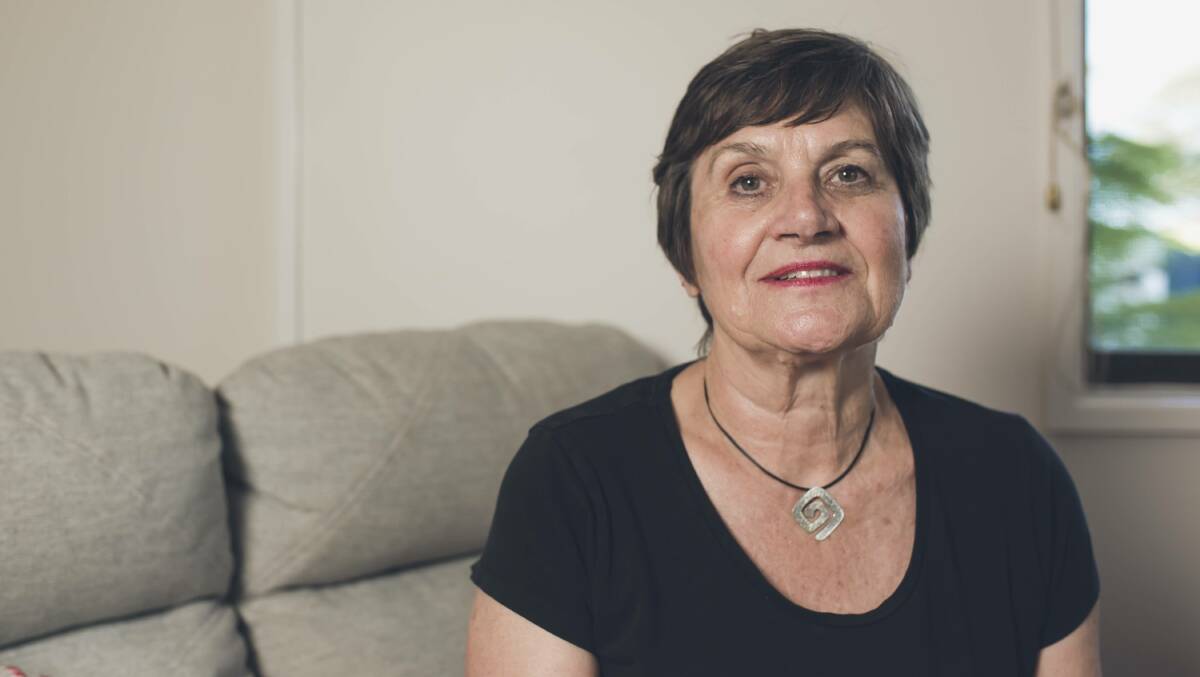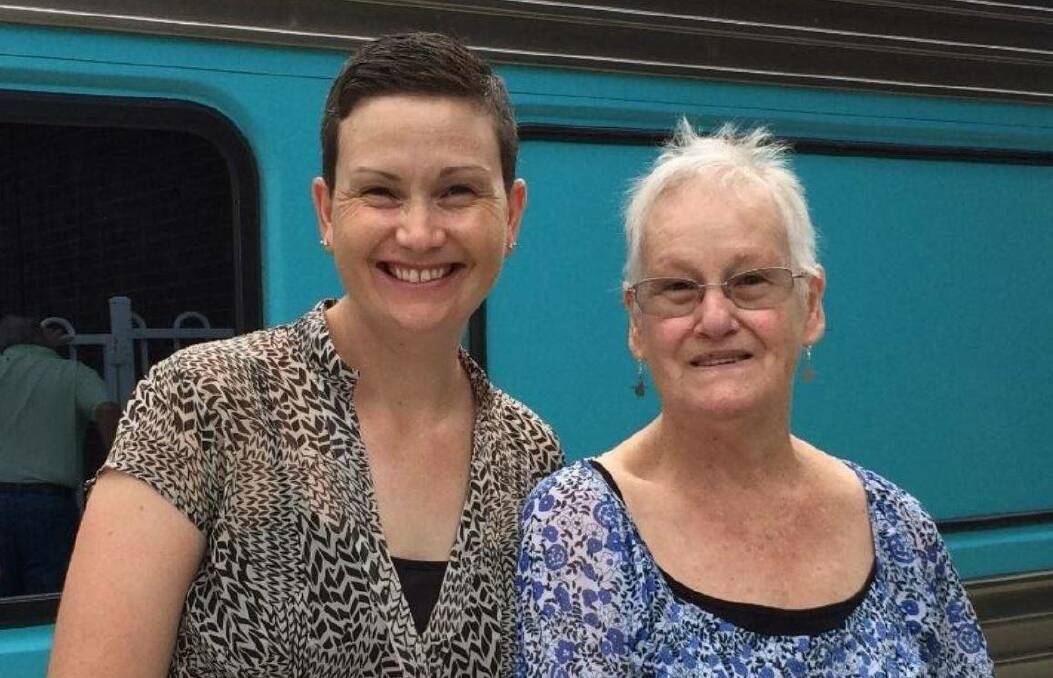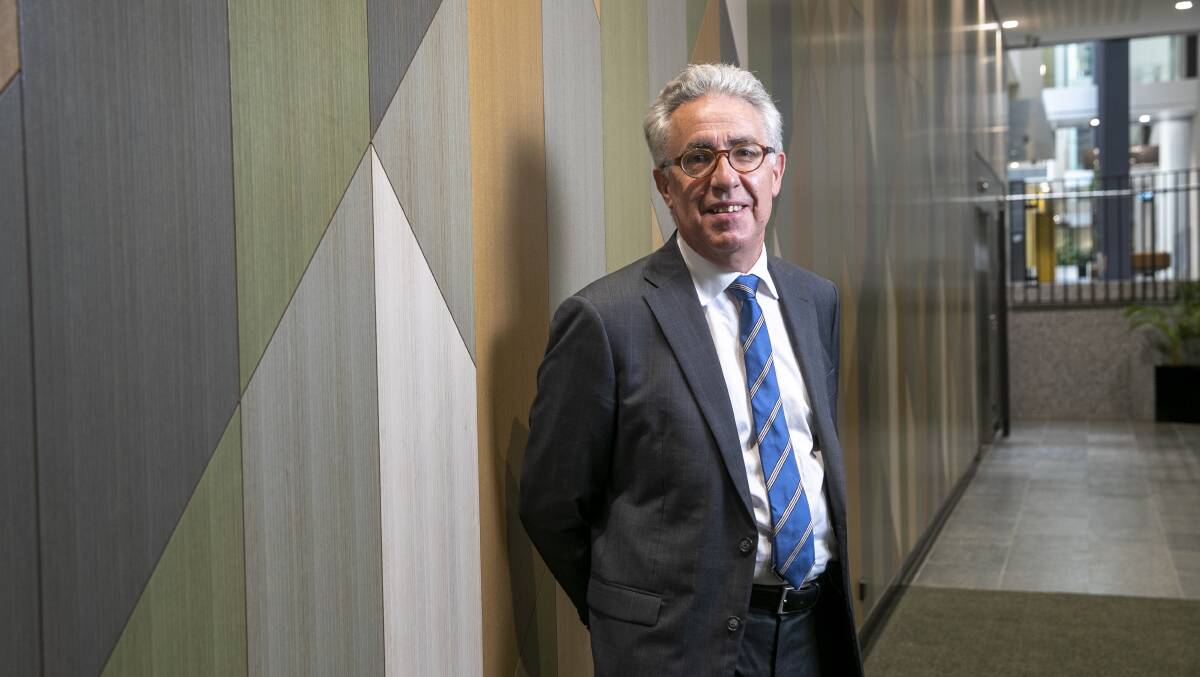
Bereaved families and advocates for coronial changes have welcomed the long-awaited appointment of the first dedicated coroner in the ACT in what they hope would lead to more and broader reforms to improve support.
The government on Friday announced that ACT Bar senior member Ken Archer, who is also a former president of the ACT Bar Association and member of the Federal Executive of the Australian Bar Association, has been recruited into the role.
Mr Archer said he was honoured to be the first person appointed to the dedicated role and that making the process more inclusive of families and involving them at an earlier time were "critical and the impetus for change".
"As a representative of the ACT Bar Association, I have had the opportunity to sit down with the Attorney-General and other stakeholders in the Coronial Restorative Reform Forum to share experiences of the coronial process and discuss how it might become not only more efficient in dealing with cases but also more restorative in its approach," Mr Archer said.
"The work of that forum is ongoing and with the chief coroner who is also the chief magistrate I hope to take an active role in exploring how the Coroner's Court can be changed and adapted to achieve those aims."
Mr Archer has practised law for more than three decades in the ACT, working as a senior prosecutor and a criminal defence barrister.
He is also experienced in coronial hearings and inquests.
MORE NEWS
- Ukraine invasion 'necessary', Putin says
- International flights to Canberra 'years away': Barr
- ANU students anxious as outbreak passes 600 cases
- About 100,000 Ukrainians flee home
'Equal voice' for families
Welcoming the appointment is Rossyln Williams, who with Ann Finlay and Eunice Jolliffe established the Coronial Reform Group after they lost their sons that led to three coronial inquests, each between five and seven years.
Ms Williams, who is now an advocate at the Alliance for Coronial Reform, has been calling for the appointment and other reforms, including a more restorative approach.
"We're certainly happy to see that a person has been appointed and I'd like to congratulate the new coroner," Ms Williams said.
"I have met Ken a couple of times and I know he's been working in the coronial space for a long time.
"We'd love to see the courts become much more restorative for families to have more of an equal voice and get away from the adversarial process that often operates in the Coroner's Court where everyone feels as if they've got to lawyer up."

Ms Williams said a precedent in relation to a restorative approach has already been set, being the Galambany Court, and that reducing court formality would also help.
"Even the physical appearance of the court where you've got a coroner on a high bench, the noise in the middle and the family put right down the back," she said.
"It really doesn't encourage an honest conversation. After all, the families are not criminals."
Ms William said a cultural change is also needed.
"Too often, families are not consulted about what recommendations might come out of the coronial process," she said.
"It prolongs the grief because the families are stepping into a system that they know nothing about.
"We really need a better coronial process for the whole of the ACT community because it's about preventing deaths."
Looking to the future, Ms Williams said she and other families were looking forward to working with authorities towards more reforms.
"What we'd really like is to see a coroner's office that's independent, works separately from the magistrate's court and that operates in a more restorative way," she said.
Dedicated role a big difference
Also welcoming the appointment is Jo Lane, whose cognitively impaired mother, Judith Flynn, died in January 2019 at the Canberra Hospital and her death is now an active inquest.
Ms Lane said "going through a coronial process is very challenging for many reasons".
"It is associated with many difficult and painful emotions including grief, loss, confusion, frustration, isolation and powerlessness," Ms Lane said.
Ms Lane said having a dedicated coroner in the ACT would make a big difference to families, "especially if it will speed up the coronial process and make it more efficient".
"It is over three years since our mum died and her coronial inquest is still ongoing," Ms Lane said.
"The prolonged nature of the coronial process certainly makes it more challenging, and it is a barrier for families to be able to move forward after a very traumatic experience.
"Hopefully, having a dedicated coroner in the ACT will make this very difficult process a little less challenging than what it currently is."

Years of advocacy by chief magistrate
The recruitment of the role, announced last September, is part of a $3.8 million investment in the 2021-22 ACT budget that the government said would strengthen the delivery of justice to the community.
It comes after repeated calls for a dedicated coroner, including by Chief Magistrate Lorraine Walker, who last September said the appointment would "provide an opportunity to develop a more structured and streamlined approach to the jurisdiction".
In Ms Walker's latest published Coroner's Court annual report in 2019-20, the number of death-related cases lodged was 346 compared with 313 and 305 in the two previous years.
There were 291-299 cases in 2013-2016.
Ms Walker said the court received no allocated resourcing for judicial coronial functions with every magistrate retaining an active coronial caseload.
"That caseload was discharged as a secondary priority when duties as a magistrate commanded more immediate attention," she said.
"I make my call again for proper resourcing of the ACT Coroners Court and the appointment of a dedicated coroner."
Ms Walker said that despite the lack of resources, her colleagues and court staff "do the best they can within the time available to them and, as this report demonstrates, have achieved truly remarkable results in the circumstances".
Her report states that the number of pending inquests decreased by 11 per cent year on year with only 39 per cent of the cases lodged in 2019-20 representing "pending cases".
In the previous six years, that number was between 47 and 58 per cent.
"A dedicated coroner is the next step to professionalise the jurisdiction and to ensure consistency and efficiency in dealing with matters," Ms Walker said.
Additional appointments to help the court
Attorney-General Shane Rattenbury on Friday said having a dedicated coroner would reduce delays for bereaved family, friends and witnesses involved in inquests and allow a more consistent, restorative approach to coronial proceedings.
"A dedicated coroner is also a significant change to current practice where eight different magistrates undertake coronial matters as part of their broader caseloads," he said.
"Being able to dedicate this degree of focus to the Coroner's Court will also keep Canberrans safer through the coroner more effectively being able to identify systemic issues and prevent future deaths."

The Attorney-General also announced that Jane Campbell, who has been a Special ACT Magistrate since early last year, will be permanently appointed as a magistrate.
Ms Campbell was admitted to practice in 1990 and brings a wealth of experience to the bench due to her work with Legal Aid ACT as their deputy CEO and head of criminal practice.
Ms Campbell said her experience as a Special Magistrate this past year has highlighted the importance of the role to the ACT community.
"I am honoured to be appointed as a permanent Magistrate of the ACT Magistrates Court," Ms Campbell said.
"My appointment as a magistrate of this court reflects the Attorney's confidence in my performance of this important work and I am extremely proud to be now sharing the bench with my fellow magistrates who have been extraordinarily generous and collegial this past year.
"I am delighted to be able to continue to contribute to the community in this way."
Additionally, Magistrate James Stewart will move from a part-time appointment to full-time.
The appointment of a dedicated coroner delivers on the government's commitment in the 10th Parliamentary and Governing Agreement.







